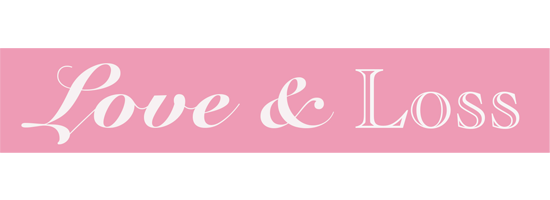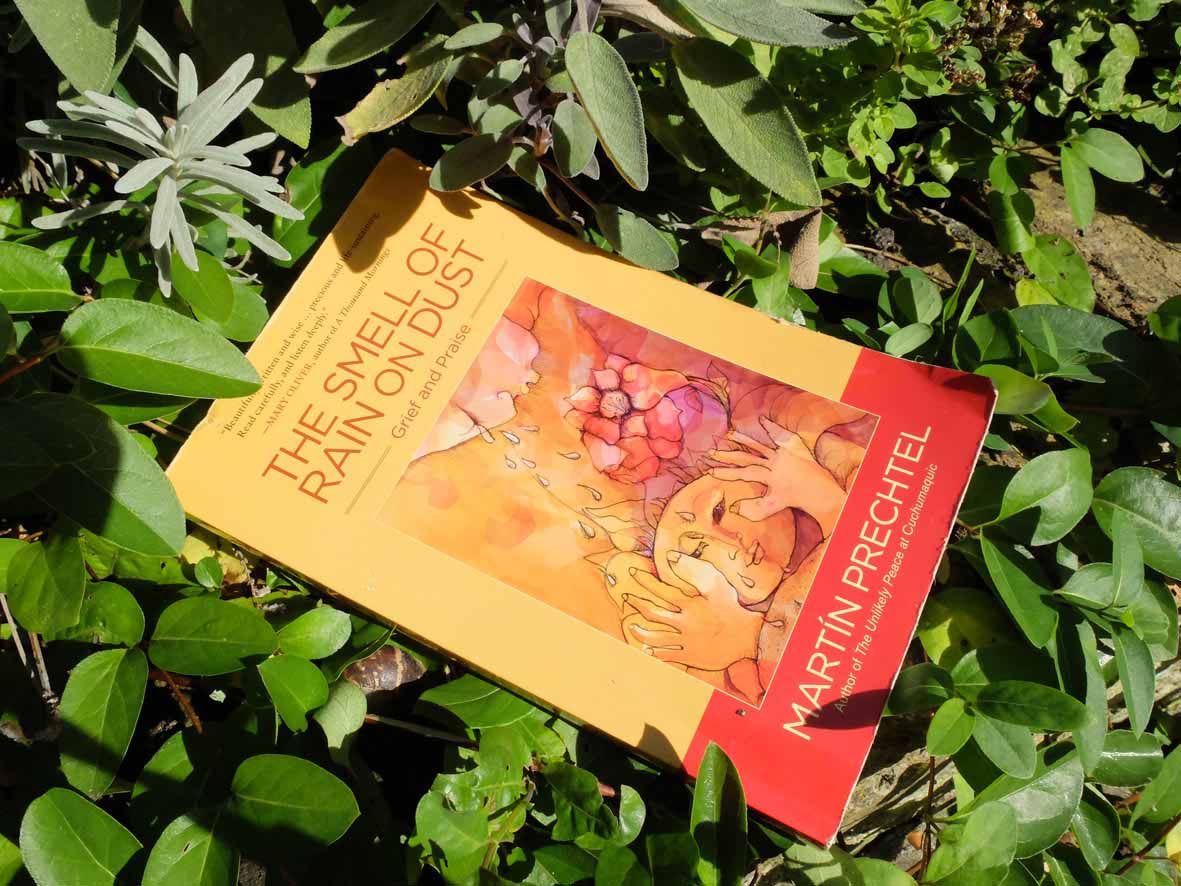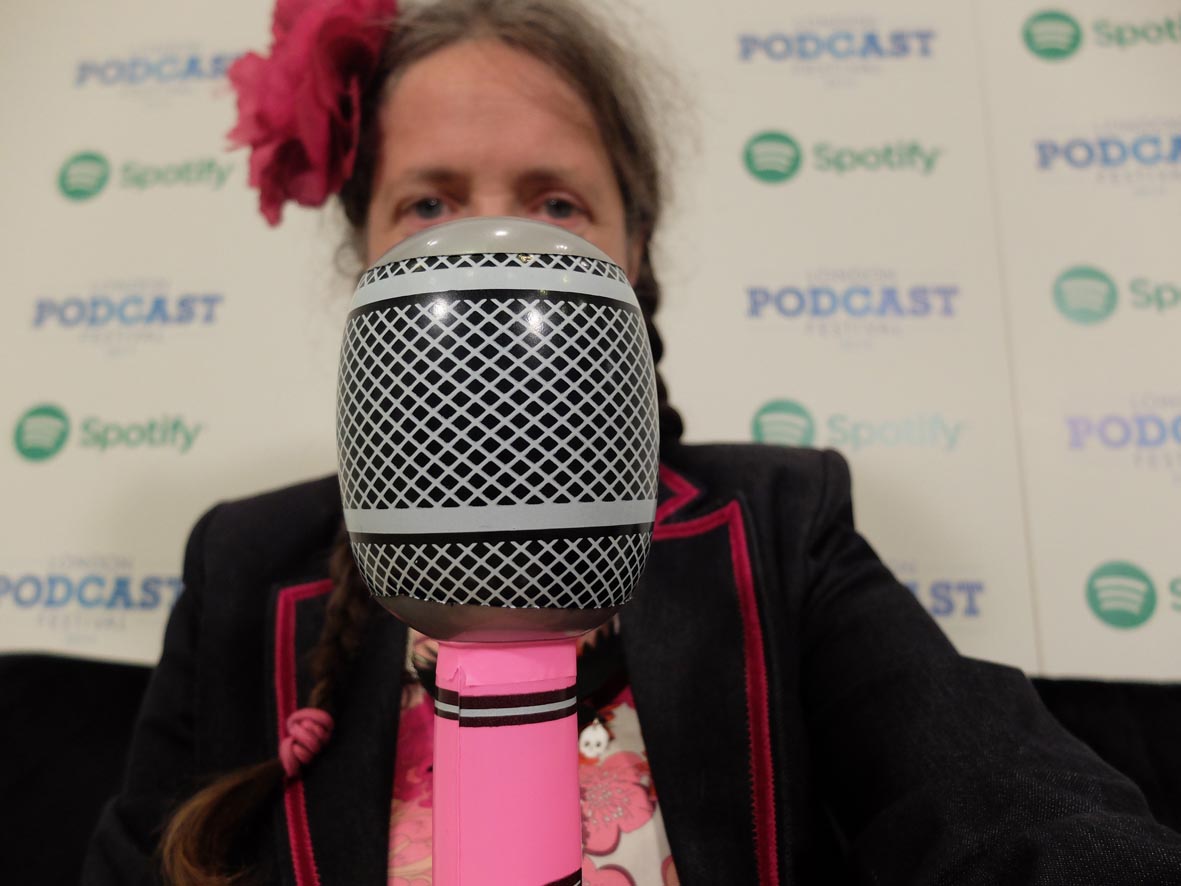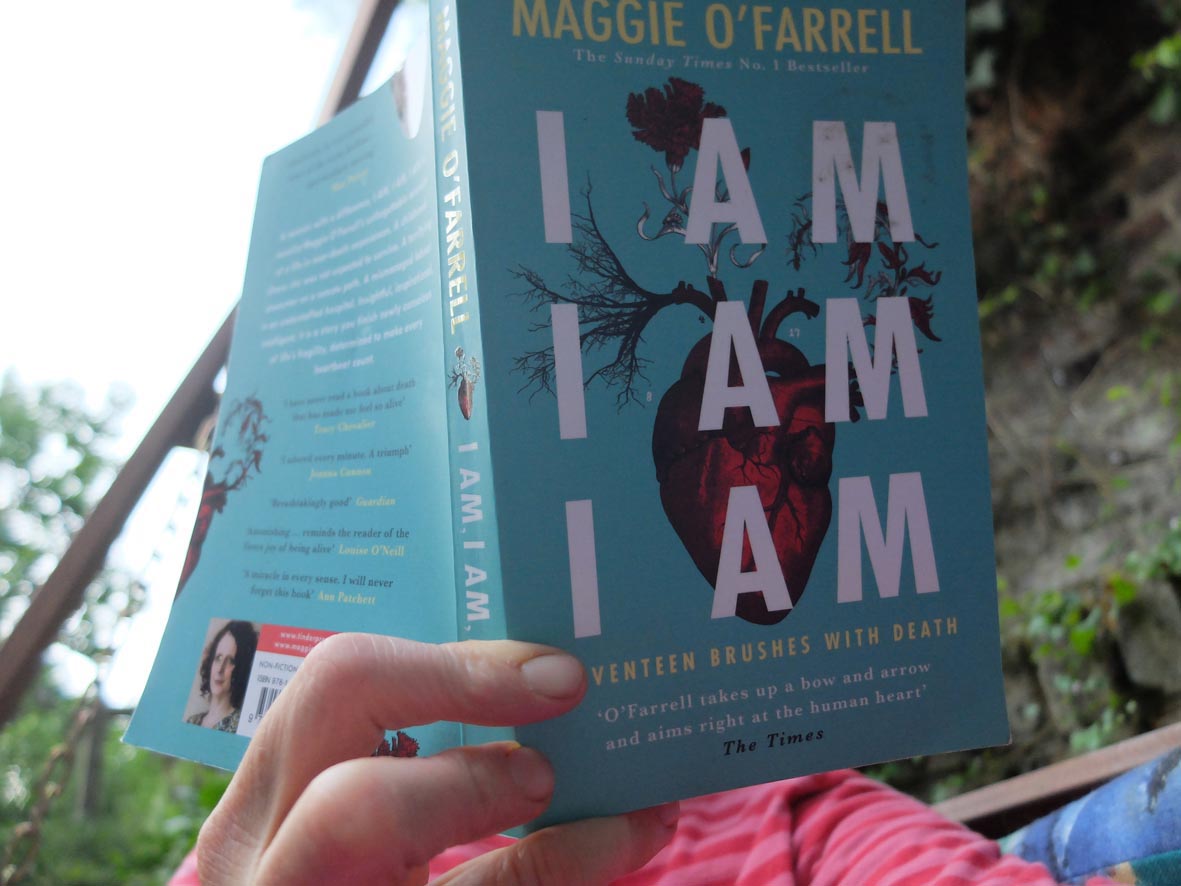23 Sep Crossbones
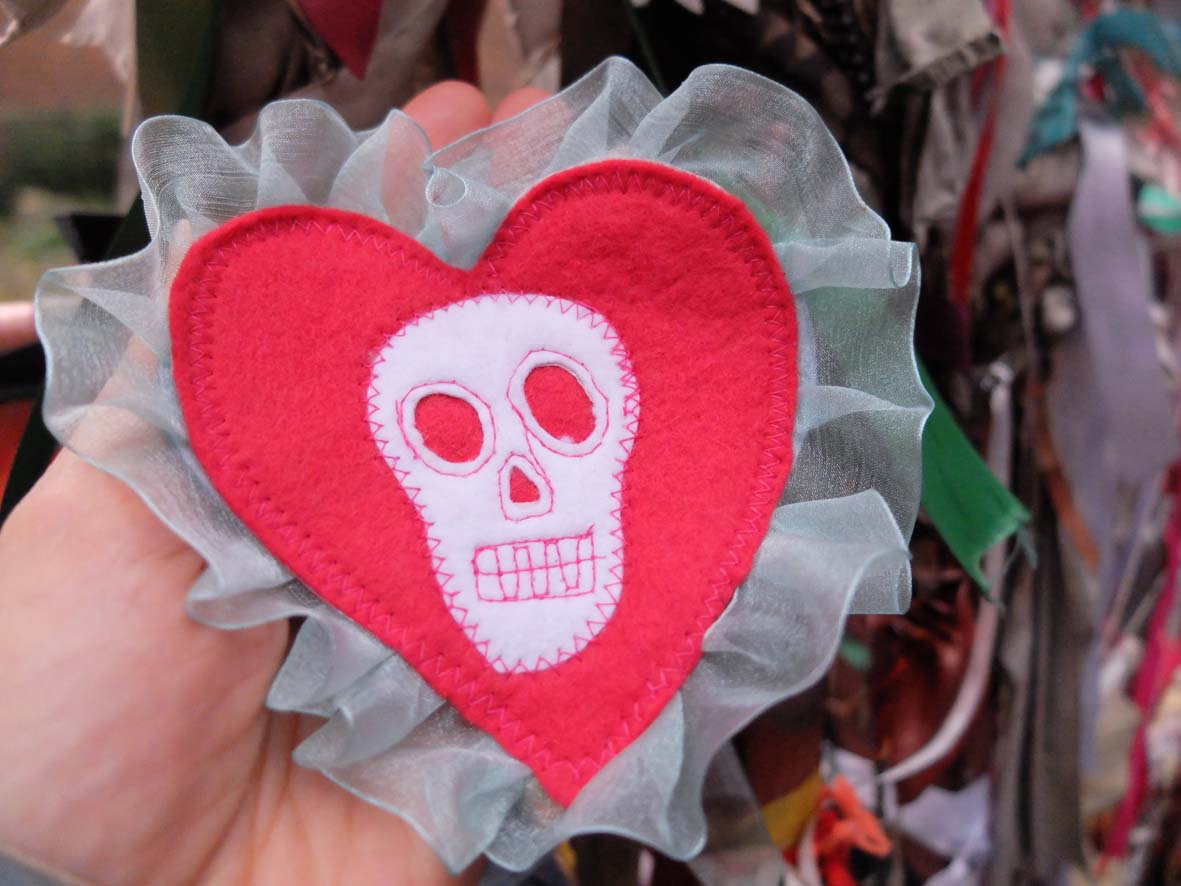 South of the river – behind and between the brick warehouses, pubs and centuries of old Southwark lies Crossbones. Gathering every 23rd of the month at this once forgotten paupers’ burial ground is a crowd of people come to celebrate the edge dwellers of life. We offer words and tokens in memory of the outcast, the ‘othered’ and of sex workers. John Crow – bard and shepherd of this flock welcomes the absurd and the unheard. I imagine this diverse but woolly-hatted crowd creeping out of the cracks in the city to bring their undervalued blessings; here to remember those who have fallen through the cracks. Libertines speak poems into the dark, drowned out intermittently by the rumble of jets full of people who can’t hear the poetry. www.crossbones.org.uk
South of the river – behind and between the brick warehouses, pubs and centuries of old Southwark lies Crossbones. Gathering every 23rd of the month at this once forgotten paupers’ burial ground is a crowd of people come to celebrate the edge dwellers of life. We offer words and tokens in memory of the outcast, the ‘othered’ and of sex workers. John Crow – bard and shepherd of this flock welcomes the absurd and the unheard. I imagine this diverse but woolly-hatted crowd creeping out of the cracks in the city to bring their undervalued blessings; here to remember those who have fallen through the cracks. Libertines speak poems into the dark, drowned out intermittently by the rumble of jets full of people who can’t hear the poetry. www.crossbones.org.uk
